Quick little question...
I need to count the length of a string, but WITHOUT the spaces inside of it.
E.g. for a string like "I am Bob", string.Length would return 8 (6 letters + 2 spaces).
I need a method, or something, to give me the length (or number of) just the letters (6 in the case of "I am Bob")
I have tried the following
s.Replace (" ", "");
s.Replace (" ", null);
s.Replace (" ", string.empty);
to try and get "IamBob", which I did, but it didn't solve my problem because it still counted "" as a character.
Any help?
